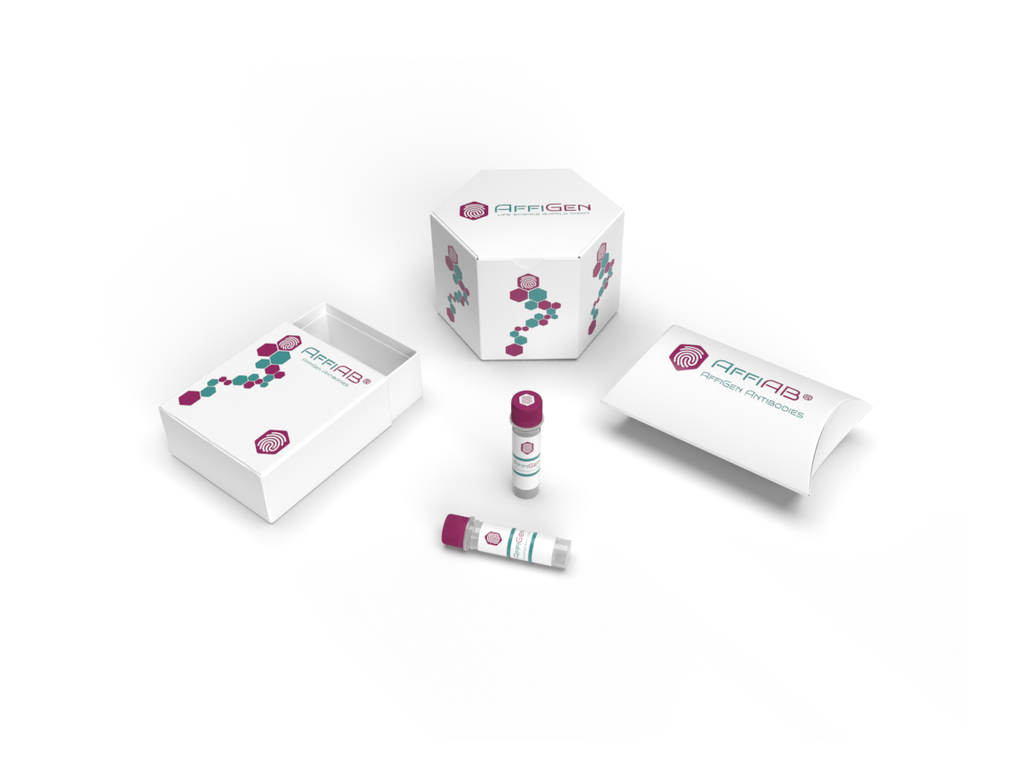AffiAB® Anti-Met (c-Met) Antibody
This gene encodes a member of the receptor tyrosine kinase family of proteins and the product of the proto-oncogene MET. The encoded preproprotein is proteolytically processed to generate alpha and beta subunits that are linked via disulfide bonds to form the mature receptor. Further processing of the beta subunit results in the formation of the M10 peptide, which has been shown to reduce lung fibrosis. Binding of its ligand, hepatocyte growth factor, induces dimerization and activation of the receptor, which plays a role in cellular survival, embryogenesis, and cellular migration and invasion. Mutations in this gene are associated with papillary renal cell carcinoma, hepatocellular carcinoma, and various head and neck cancers. Amplification and overexpression of this gene are also associated with multiple human cancers.
Antibody type
Rabbit polyclonal Antibody
Uniprot ID
SwissProt: P08581 Human
Recombinant
NO
Conjugation
Non-conjugated
Host
Rabbit
Isotype
IgG
Clone
N/A
KO/KD
N/A
Species reactivity
Human
Tested applications
WB, IF-Cell, IHC-P
Predicted species reactivity
N/A
Immunogen
Synthetic peptide within human Met aa 1350-1390.
Storage
Store at +4°C after thawing. Aliquot store at -20°C. Avoid repeated freeze / thaw cycles.
Form
Liquid
Storage buffer
1*TBS (pH7.4) , 0.2% BSA, 50% Glycerol. Preservative: 0.05% Sodium Azide.
Concentration
1 mg/mL.
Purity
Immunogen affinity purified.
Signal pathway
N/A
Recommended dilutions
WB: 1:500; IF-Cell: 1:200; IHC-P: 1:400
Molecular Weight
Predicted band size: 156 kDa.
Subcellular location
Membrane; Secreted.
Positive control
LO2 cell lysate, Hela cell lysate, A549 cell lysate, A431 cell lysate, HT-29 cell lysate, human lung carcinoma tissue, SiHa.
